1. Limiting Chemical Composition for Incoloy alloys 800, 800H, 800HT
|
UNS designation
|
N08800
|
N08810
|
N08811
|
|
INCOLOY alloys
|
800
|
800H
|
800HT
|
|
Ni
|
30.0-35.0
|
30.0-35.0
|
30.0-35.0
|
|
Cr
|
19.0-23.0
|
19.0-23.0
|
19.0-23.0
|
|
Fe
|
39.5min
|
39.5min
|
39.5min
|
|
C
|
0.10 max.
|
0.05-0.10
|
0.60-0.10
|
|
Al
|
0.15-0.60
|
0.15-0.60
|
0.25-0.60
|
|
Ti
|
0.15-0.60
|
0.15-0.60
|
0.25-0.60
|
|
Al+Ti
|
0.30-1.20
|
0.30-1.20
|
0.85-1.20
|
|
ASTM grain size
|
Not Specified
|
5 or coarser
|
5 or coarser
|
Alloy 800H Flange is a type of flange that is made from Incoloy 800H, an austenitic nickel-iron-chromium alloy. This material is highly resistant to oxidation, corrosion, and high-temperature environments.
The Incoloy 800H flange is designed to adhere to the ASTM B564 standard, which means it has been subjected to rigorous testing to ensure its quality and performance. It is available in various sizes, dimensions, and types such as socket weld, weld neck, slip-on, threaded, lap joint, and blind.
One of the main advantages of Alloy 800H flanges is their excellent resistance to high-temperature environments. They can withstand temperatures of up to 1100°C (2012°F) without undergoing any significant structural changes. This makes them ideal for use in high-temperature applications such as furnace components, heat exchangers, and steam generators, besides the chemical processing, power generation, and oil and gas industries.
Alloy 800H flanges are also commonly used in chemical processing applications that involve the handling of acidic or corrosive materials. They offer exceptional resistance to various forms of corrosion, including pitting, crevice, and stress corrosion cracking.


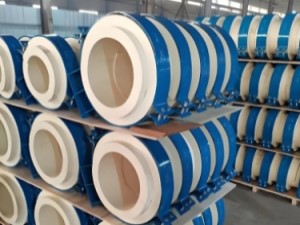
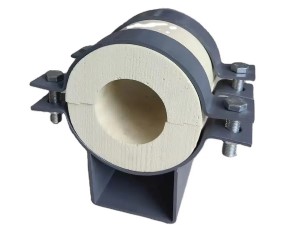
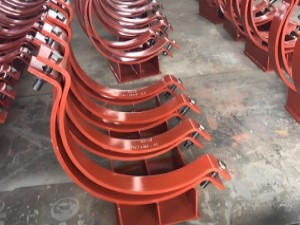
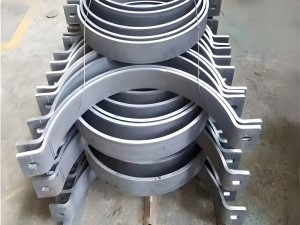

.jpg)

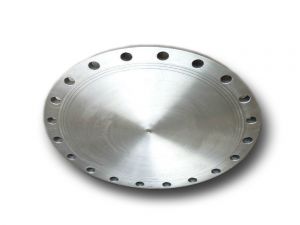
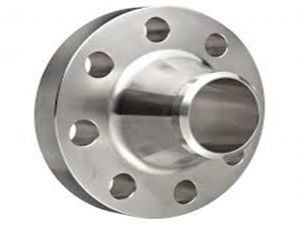
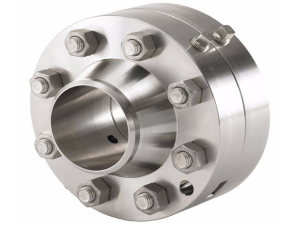
(1)_300x225.jpg)